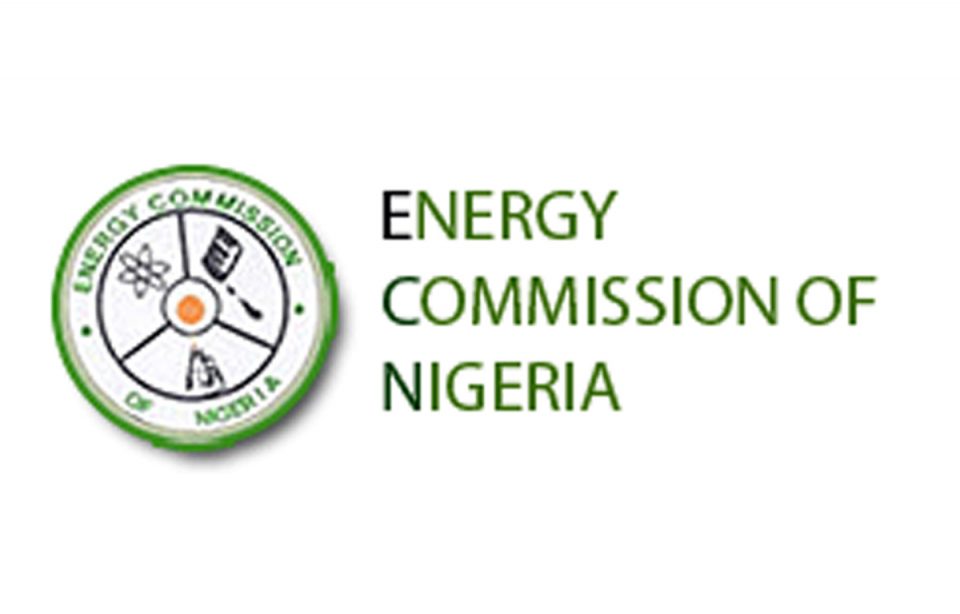Nigerian busineses and households spend a whopping $22 billion (about N9.053 trillion) annually to fuel their generators powering offices and homes as the country battles an embarrassing nationwide power shortages with no end in sight, according to a recent report.
This was contained in a report on ‘Investment Climate and Exceptions to National Treatment’ launched by the Energy Commission of Nigeria (ECN) recently in Abuja.
The report also revealed that Nigeria is the largest African importer of diesel generators and back-up diesel generation at a national average of 5.6 persons per household, with 20.34 million households connected to the national grid while 13.63 million households have no access power at all.
According to ECN, 72 per cent of the households with access are largely domiciled in urban areas, while 28 per cent are in rural areas.
Meanwhile, due to the unreliability of power supply, 80 per cent of those with access to grid electricity use alternative source of electricity, mainly petrol and diesel generators.
“Given that Nigeria’s population is still growing and is projected to be 264 million by 2030, Nigeria will have to provide electricity for a total of 47 million households in order to achieve universal access. Nigeria is targeting 100 per cent electricity access by 2030 using grid, off-grid and mini-grid solutions in line with the UN Agenda 2030 and the Sustainable Development Goals (SDGs). I stated however that decentralised technologies will play a key role in delivering universal access, especially in remote and rural communities.
With an increasing population, Nigeria needs to double its efforts to provide improved access to electricity, especially for infrastructure to enhance energy supply from government, domestic and foreign private sector participants and development partners. The Rural Electrification Agency (REA) is to play a key role in achieving universal access” the report added. Just last week, the Federal Government was literarily was on its knees, begging Nigerians over the woeful performance of the generating plants.
According to the Minister of Power, Sale Mamman, about eight generating plants had broken down at the same time, while Jebba Power Plant was shut down for maintenance. The brokendown plants include Sapele, Afam, Olonrunsogo, Omotosho, Ibom, Egbin, Alaoji and Ihovbor.



